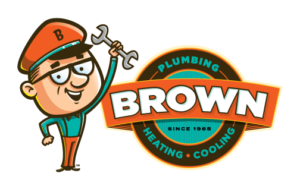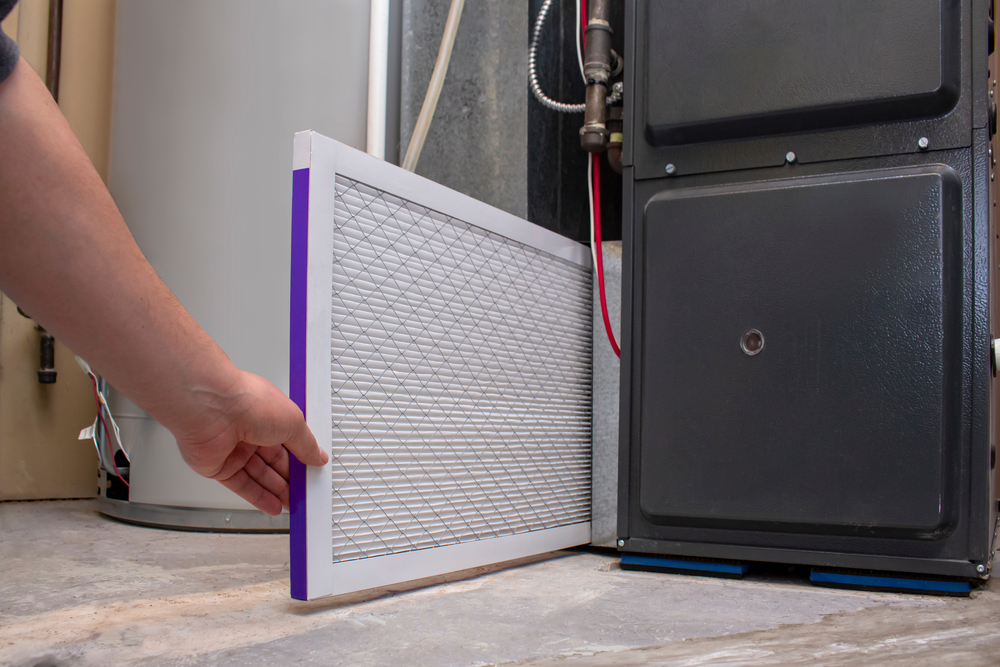How to Choose the Right Air Filter for Your Home
Selecting the right air filter for your home is crucial for maintaining good indoor air quality, enhancing the efficiency of your HVAC system, and ensuring the health of your family. With so many options available, making the right choice can seem daunting. At Brown Heating, Cooling, and Plumbing, a leading air conditioning company in Venice, Florida, we aim to simplify this process for you. Here’s a comprehensive guide to help you choose the right air filter for your home.
Understand the Importance of Air Filters
Air filters play a vital role in your HVAC system. They trap dust, pollen, pet dander, and other airborne particles, preventing them from circulating in your home. This not only improves air quality but also protects your HVAC system from potential damage caused by dust and debris buildup. A clean and efficient HVAC system operates more effectively, reducing energy costs and extending the lifespan of the unit.
Types of Air Filters
- Fiberglass Filters
- Pros: These are the most affordable and commonly used filters. They are disposable and designed to protect your HVAC system from large particles.
- Cons: They have a low MERV rating (usually between 1-4) and do not effectively filter out smaller particles like pollen and mold spores.
- Pleated Filters
- Pros: Made from polyester or cotton, these filters have a higher MERV rating (5-13) and can capture smaller particles. They are more efficient and last longer than fiberglass filters.
- Cons: They are slightly more expensive and can restrict airflow if not replaced regularly.
- Electrostatic Filters
- Pros: These filters use static electricity to attract and trap particles. They are available in both disposable and washable versions. They typically have a MERV rating of 8-10.
- Cons: Washable versions require regular cleaning and maintenance.
- HEPA Filters
- Pros: High-Efficiency Particulate Air (HEPA) filters are the most effective, with a MERV rating of 17-20. They can capture 99.97% of particles as small as 0.3 microns, making them ideal for people with severe allergies or respiratory issues.
- Cons: They are more expensive and can restrict airflow in standard residential HVAC systems. They are often used in specialized applications rather than typical home systems.
- Activated Carbon Filters
- Pros: These filters contain carbon, which can absorb odors, gases, and chemicals. They are often combined with other filter types to provide both particle and odor filtration.
- Cons: They do not capture particles as effectively as other filter types alone.
Consider the MERV Rating
The Minimum Efficiency Reporting Value (MERV) rating measures a filter’s ability to capture particles. Higher MERV ratings indicate better filtration but may reduce airflow in your HVAC system. Here’s a quick guide:
- MERV 1-4: Basic filtration, good for capturing large particles.
- MERV 5-8: Improved filtration, suitable for most residential needs.
- MERV 9-12: Superior filtration, ideal for homes with pets or allergy sufferers.
- MERV 13-16: Hospital-grade filtration, excellent for those with severe allergies or respiratory conditions.
- MERV 17-20: HEPA filters, used in clean rooms and specialized applications.
Matching the Filter to Your HVAC System
Not all HVAC systems are designed to handle high-MERV filters. Before choosing a high-efficiency filter, consult with a professional from Brown Heating, Cooling, and Plumbing to ensure your system can handle it without reducing airflow or efficiency. A filter with too high a MERV rating can strain your system, leading to increased energy costs and potential damage.
Special Considerations
- Allergies and Asthma: If anyone in your household suffers from allergies or asthma, consider filters with a MERV rating of 9 or higher.
- Pets: Homes with pets should use filters with a MERV rating of at least 8 to effectively capture pet dander.
- Odors and Smoke: If odors or smoke are a concern, activated carbon filters can be beneficial.
Regular Maintenance
Regardless of the type of filter you choose, regular replacement or cleaning is crucial. A clogged filter can hinder your HVAC system’s performance and reduce indoor air quality. Check your filter monthly and replace or clean it as needed, typically every 1-3 months.
Conclusion
Choosing the right air filter is essential for maintaining a healthy and efficient home environment. By understanding the different types of filters, their MERV ratings, and your specific needs, you can make an informed decision that benefits your family and your HVAC system. For expert advice and high-quality air filters, contact Brown Heating, Cooling, and Plumbing, your trusted air conditioning company in Venice, Florida. Visit www.brownheatingandcoolinginc.com for more information and professional assistance


